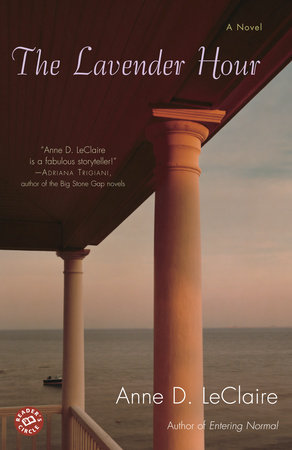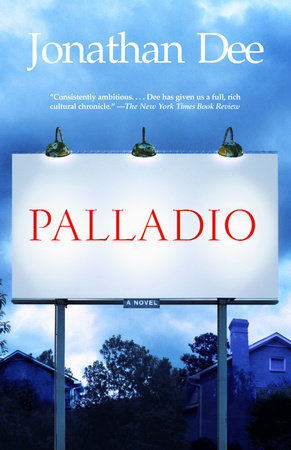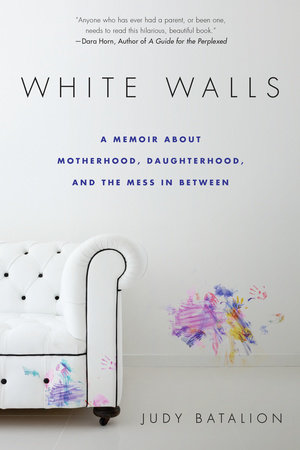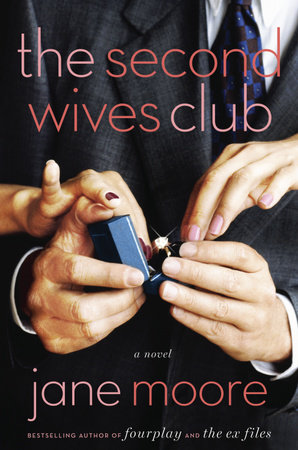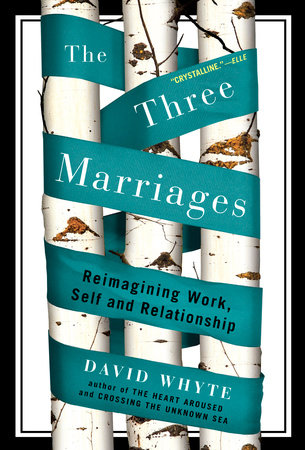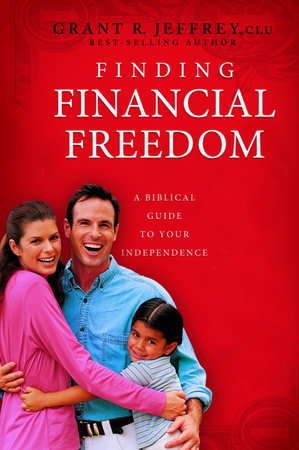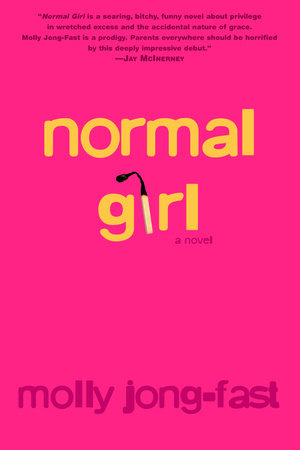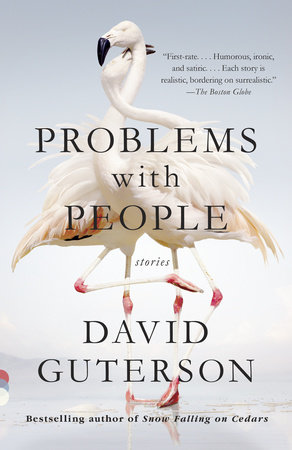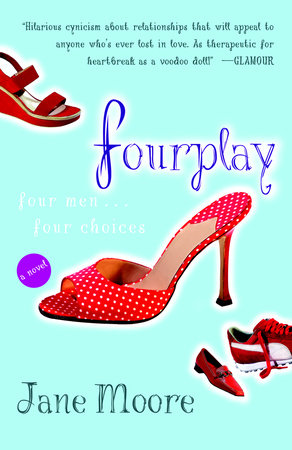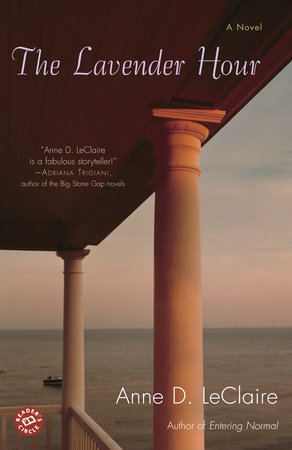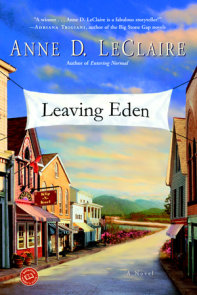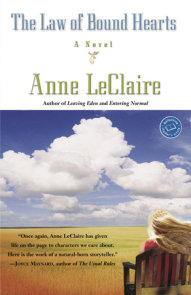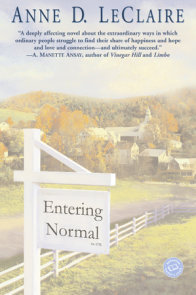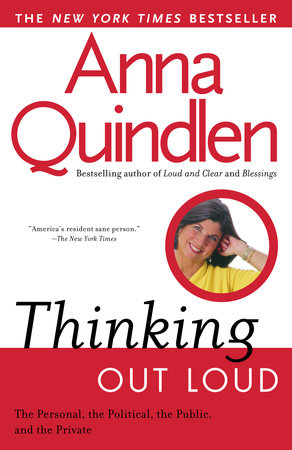Author Q&A
A Conversation with Anne LeClaire
N.M.Kelby (Nicole Mary Kelby) is a former print and television journalist and the author of three novels: In the Company of Angels,Theater of the Stars, and most recently, Whale Season. She met Anne LeClaire while in residence at the Ragdale Foundation in Lake Forest, Illinois, where both have been named Distinguished Fellows.
NMK: The Lavender Hour strikes me as a book that puts death in its place in the cycle of life–it allows readers to embrace it as a part of life, to overcome their fear of it, and allow for the lessons it brings.
AL: I don’t know if most of us ever actually overcome our fear of death. I sense we are hardwired with that fear, but by witnessing it, in fiction as well as in fact, we are cracked open to the gift of its significant lessons.
NMK: I find that most writers write from a dark place in their heart. Much of my work, including my comedic novel Whale Season, has been influenced by the death of my daughter.I write out of the need to find hope in darkness.Your work feels crafted along a similar path. Does writing provide you a way to own your private sorrow and to re-create it?
AL:Writing provides me with a way to try to make sense of things. And to delve into issues like loss and grief and disconnection as well as to explore the role these things play in our lives. I am not re-creating a specific personal sorrow but draw on my experiences to inform the sorrows of the characters. The one step removed gives me just the distance I need to explore. I don’t think of the writing as coming from a dark place in my heart but from a center of hope. As Flannery O’Connor once responded to a reader who accused her of being a pessimist that only an optimist dares look life fully in the face. And her answer to people who complained that the novelist painted a picture of a world that is unbearable was “People without hope do not write novels.” I do know that experiencing grief and exploring it through my stories has made me passionate about finding and celebrating joy. And life.
NMK: What inspired you to write this particular story?
AL: One sentence in a novel I was reading. I don’t remember the name of the book or much about it except that a minor character in it was a hospice volunteer, and when I read that, I had the “solar plexus hit” I get when the germ of a story strikes. I thought about how people often envision hospice work as being about endings, but it can be about beginnings, too. I also recalled a sentence I heard during a lecture by Dr. Bernie Siegel: “We learn how to live from the dying.” That seemed a wonderful premise for a book about a hospice volunteer, and eventually it landed in Jessie’s narrative.What can we learn? What are the costs of the lessons? How do we heal?
NMK: Jessie, your heroine, is an amazing creation. As a reader, I felt both great sympathy and great antipathy toward her–and at times, she really made me mad. As a writer, I admire your skill in drawing such a flawed creature and applaud the choice. But what I really want to know is,do you like her? Would you take her out for girl talk, a glass of wine, and some steamers?
AL: Oh, I just love Jessie. I feel such compassion for her. She is the part of all of us that urgently wants to connect–and isn’t that exactly all we ever long for?–and then keeps messing it up. This is the question I wanted to spend time with and in fact have been playing with for the last three books (Entering Normal, Leaving Eden, and The Law of Bound Hearts). If we long for connection, why do we keep messing it up? Of course, the answer is fear. I recently read somewhere that fear and longing are the two predominant emotions and motivating forces.In Jessie,they are in conflict with each other. And conflict in the human heart is always worth writing about. As to hanging with her, I’ve just spent nearly two years with her and wouldn’t mind some more, especially now that she has a lot of hard-earned wisdom to share. A perfect day with Jessie would be to go for a long walk in the dunes at the National Seashore, then have those steamers, and cap the day by dancing at the Squire.And I’d love a piece of her jewelry.
NMK: Just between you and me, why do you really think Jessie was attracted to Luke? Did it have something to do with her cancer?
AL: Oh my, yes. At first, she was attracted to his looks and that sense she had of “I know you.” And then she fell in love with the person. It was such a daring thing for her to fall in love with someone who was going to leave her. Loving is always courting the possibility of loss, and with Luke, it was a sure thing.
NMK: Lily, Jessie’s mother, is so wonderful. Her “rebirth” after years of widowhood–finding a rich younger love (a dentist, no less!), letting her hair go gray, and jaunting away on a transatlantic sail with her lover–makes us all say “You go, girl!” It’s interesting that Jessie has such a difficult time with her mother’s new life.
AL: Well, change can be such a threat and a challenge, especially when it occurs in someone close to us. Jessie wanted Lily to continue as she always was, her dependable foundation, and the glorious thing about Lily refusing the role is that it forced Jessie to set down her own roots.
NMK: At one point, you have Lily tell her daughter, “Sometimes you have to take a journey to find yourself.” What journey did you take when you wrote The Lavender Hour?
AL: What a great question. Obviously I took a journey into grief and loss and the arena of the dying.Years ago, when I was writing Entering Normal, I came across a quote by Oscar Wilde: “Where there is sorrow there is holy ground.” I just love this quote and keep it by my computer. I think what Wilde meant was that it is in the times when we are brought to our knees with grief, absolutely humbled by loss, that we are doing soul work. That is when the heart cracks open and all our defenses are useless.You know this better than most, Nicole.
NMK: The human heart is an unwieldy thing–I think that’s what I’ll admit to. Everybody knows sorrow. As I always say, “Life is a morbid adventure–so let’s try to have some fun.”
AL: I’m with you there, sister.
NMK:You know, when I write, I always fall in love with my characters. After spending day after day with them, making them real, they seem real to me. I sometimes even dream of them. So I really hate killing them–even if they deserve it. Was there ever a time in the process of writing this book that you found yourself pained over Luke’s looming death? Or maybe regret the pain you cause his mother, Nona?
AL: Only every day. I kept thinking, there must be a way to save him.But as a wise editor once told me,you can’t save them all.And she was right. Being a mother myself, I felt Nona’s pain deeply, but I couldn’t rescue her either. Giving people the dignity of their own pain is a tough thing to do, in writing and in life.
NMK:The shades of grief that are portrayed in this book are amazing. From Paige, Luke’s in-denial daughter, to his exhausted caretaking mother to his tough-guy best friend, it seems as if you’ve touched on every possible reaction to the death of a loved one. After my daughter died, I spent many years trying to avoid my grief. Only when I discovered the transformative power of writing, a decade later, did I begin to understand what I can learn from her death and how that loss enriched me as a person. Only since then have I been able to properly grieve. Do you see Luke’s loved ones ever coming to grips with their grief?
AL:Yes. Especially Nona. It will take Paige longer, I suspect. None of us would choose to go through the kind of devastating loss that you experienced, nor would we wish it on anyone. But loss is inevitable for all of us. It is the human condition. I suspect it wasn’t only your writing that transformed you but your experience. Even when you thought you were avoiding grief, you were living with it. Like the crucible in a science lab class, it burned away the crust and left you with the essence.
NMK: I think you’re right.That “essence” throws the rest of life into relief–it makes the joys more profound and the pleasures richer.
AL: It awakens us to life.
NMK:You seem to have done a good deal of research on hospice volunteers.
AL: I was fortunate in that a number of people with extraordinarily generous hearts gave me insight into their experiences. I have also had three friends die and have witnessed the key role hospice workers played during their last months.
NMK: In this book, you provide the reader with a wealth of information on the Victorian practice of making jewelry from hair.The poet in me loves the idea that our heroine makes hair jewelry and some of her clients are cancer patients–it seems such a wonderful and gripping artistic expression for her. However, the shopper in me says “ick.” Of course, I think this is what you were going for–that lovely conflicted feeling we have for Jessie–but I had to ask myself,what drew you, as a writer, to make this particular choice? Do you know someone who actually does make hair jewelry for people going through chemo?
AL: I don’t know of anyone who makes the jewelry for people in chemo, but through the Internet, I found a wonderful woman named Jeanenne Bell, author of Collector’s Encyclopedia of Hairwork Jewelry, who gave me tons of information. The aversion we have toward hair jewelry is fairly recent and reflects the conflicted feelings we have about death and our bodies. For centuries and centuries–well before the Victorian age so often associated with the craft–people have been making hair jewelry. And, of course, as a symbol, hair is so rich, so absolutely loaded.
NMK: You set your story in Cape Cod.You obviously have some strong feelings about the healing powers of place.
AL: You yourself know the power of place, in life and in fiction. And you use it beautifully in your work.That is one of the things I loved about Whale Season. Certainly there are sacred spots we are drawn to for healing, and I think Cape Cod is one.
NMK: In Whale Season, the unspoiled subtropical beauty that was once Florida does heal and transform. It’s a shame those places don’t exist anymore.At least the Cape still has that mystic power.I remember the first time I drove out through the dunes, I turned to my husband and said, “It looks like the moon dreaming of itself.”
AL: Jeez, Nicole, that line deserves a poem. I don’t think I’ll ever again walk a dune without recalling it.
NMK: I know that both you and your husband are pilots. How does flying, maintaining that delicate balance between life and death, inform your writing?
AL: Flying requires a certain healthy detachment that is a good thing to nurture.And looking down on the land provides a pilot with perspective, the visual reminder that there is always a larger picture to be seen, one we miss when we are absorbed by the closer surrounds. In writing, it is key to remember the larger scope–the humanscape and the landscape–within which the story takes place. Paying attention, rigorous preparation, faith, trust–all things required of a pilot–are also required of the writer.And, like writing, flying is exhilarating exactly because it requires dancing on the edge.
NMK: That’s true. As writers, we all dance on the edge–of our hearts.
AL: More poetry!
NMK: And more love! Seems like you, and your work, inspire that reaction in people–so, many thanks for that. Can’t have enough love and poetry in the world. Lots of pizza is good, too.
